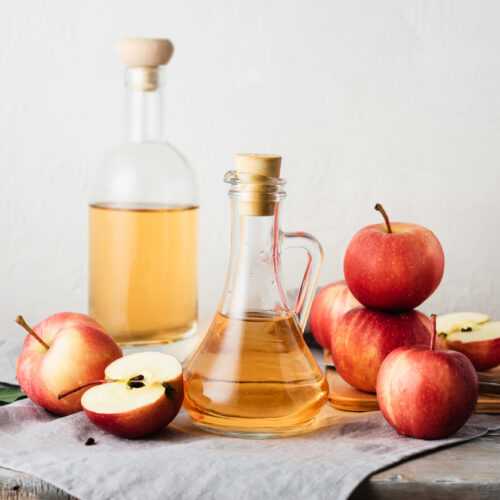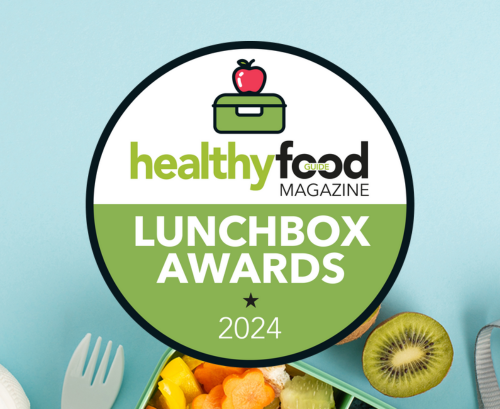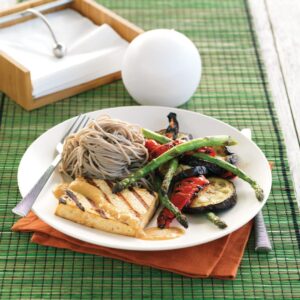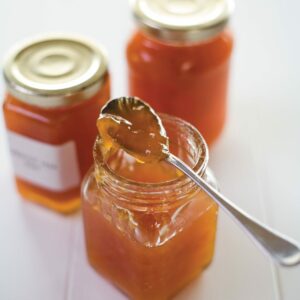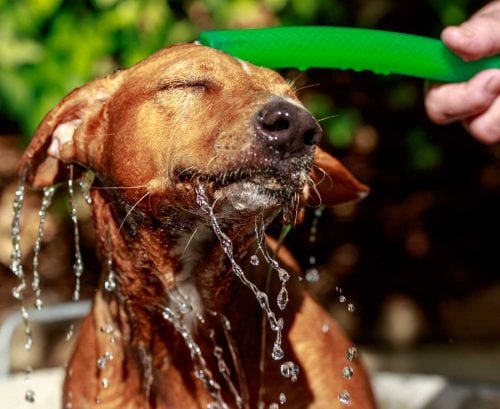
This weekend, rain is forecast to bring relief to people in the upper North Island, whose water tanks are empty due to month-long drought conditions.
But, according to Massey University group leader of the Roof Water Harvesting Centre, Stan Abbott, there are risks when rain is collected after a dry spell, due to pollutants that have settled on roof surfaces, and we need to be aware to keep drinking water clean.
Abbott says water tank users should have a ‘first flush diverter’ installed to make sure the initial 2mm of rainfall that hits the roof, washing over debris such as dust, bird and animal droppings, ash, etc, is diverted away from the water tank.
Ideally, the first flush converter should have filters for extra purification.
People with water tanks that are being filled by a water delivery service will need to make sure the water is transferred in a manner that doesn’t agitate the sediment at the bottom of the tank.
This involves directing the water stream to the side of the tank rather than straight down, Abbott says.
University of Auckland School of Environment associate professor Anthony Fowler says Auckland city water users are not facing a water crisis at this stage, with plenty of supply still from storage dams and the back-up of drawing from the Waikato River.
Regardless of the weather, Healthy Food Guide recommends getting into the habit of not wasting our most precious resource.
Save water and money with these simple strategies:
1. Fix leaky taps
Fixing leaky taps can save anywhere from 4 litres a day to 1 litre a minute, depending on the leak.
2. Befriend a bucket
Use a bucket, rather than a hose, to wash your car or windows. A hose can let out 15-20 litres of water per minute!
3. Flush wisely
Use the half flush on your loo (if yours doesn’t have one, you can get one installed, easily). Also, avoid flushing rubbish such as facial tissues or sanitary products down the toilet.
4. Choose efficient appliances
If you’re purchasing a new dishwasher or washing machine, do your homework and look for appliances with a good energy and water rating.
5. Avoid running the tap
Turn the tap off while you’re brushing your teeth and back on only to rinse the brush.
6. Reuse greywater
Use dish, bath and laundry water to water your trees (just make sure you use environmentally-friendly washing products). You can also capture and use what runs while waiting for the hot water to come in.
www.healthyfood.com


